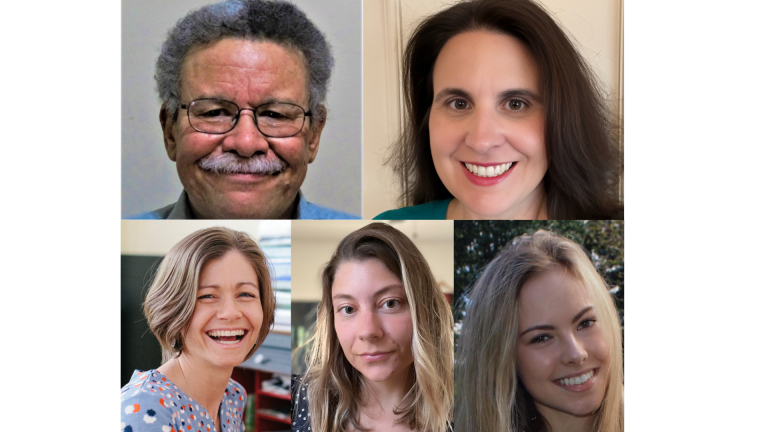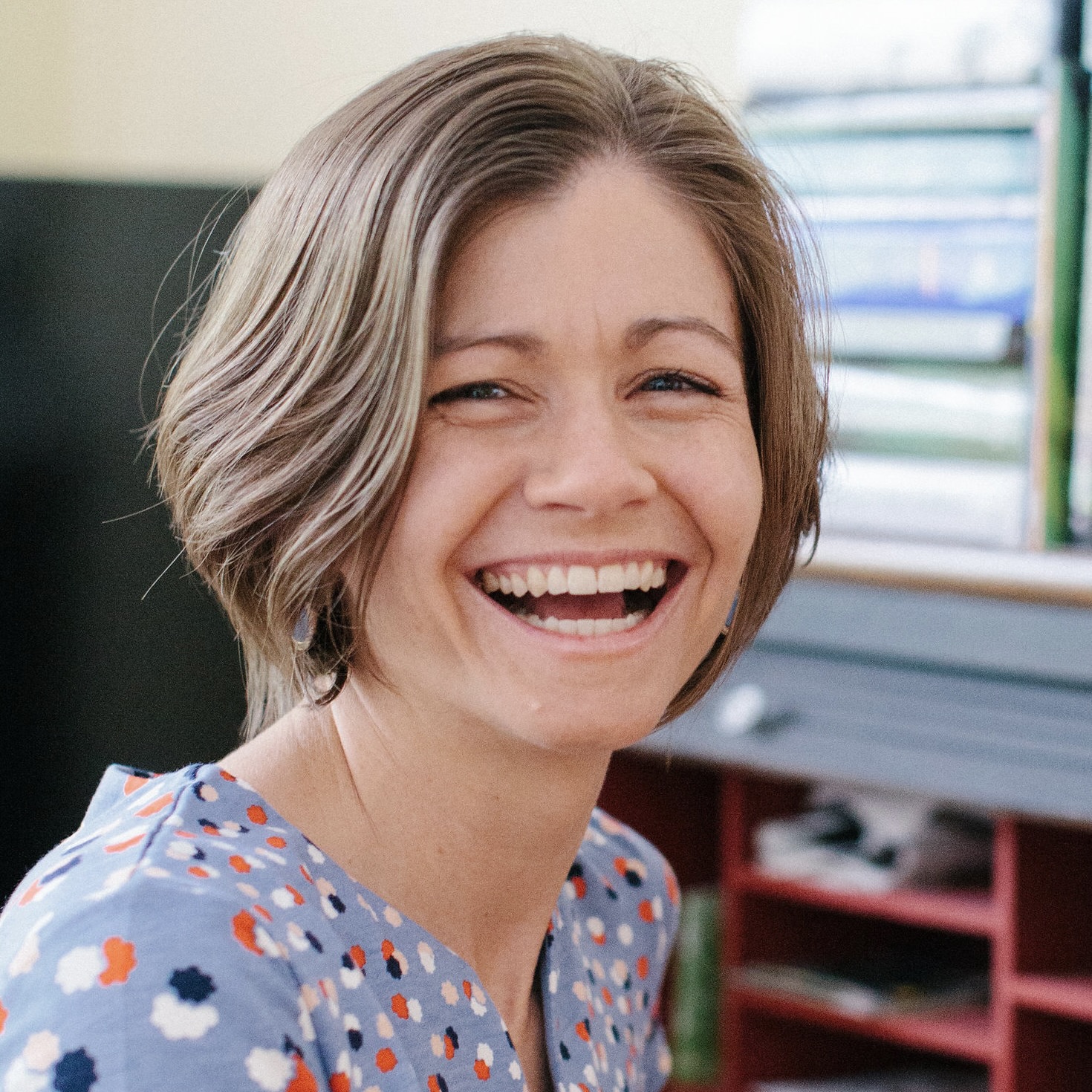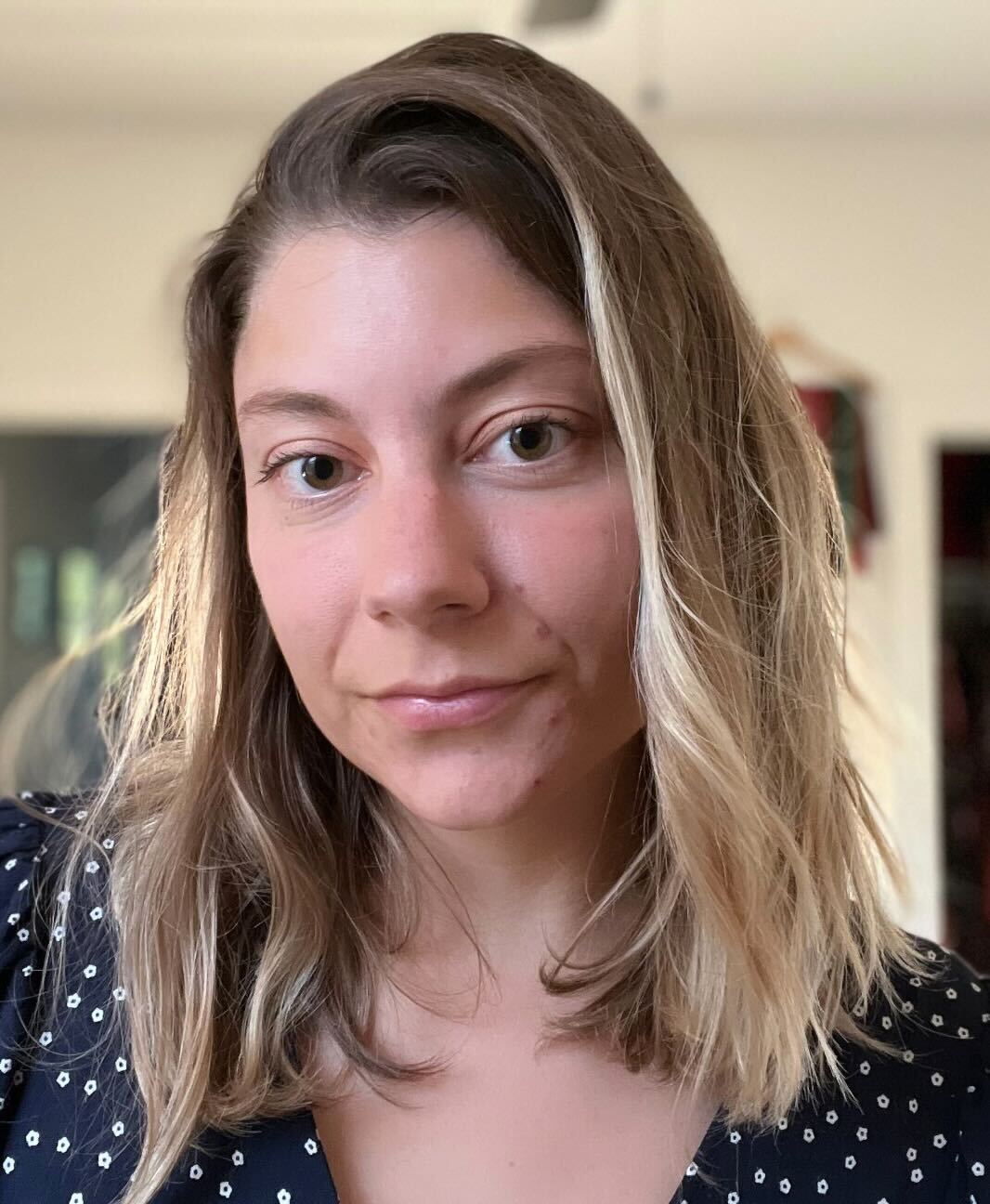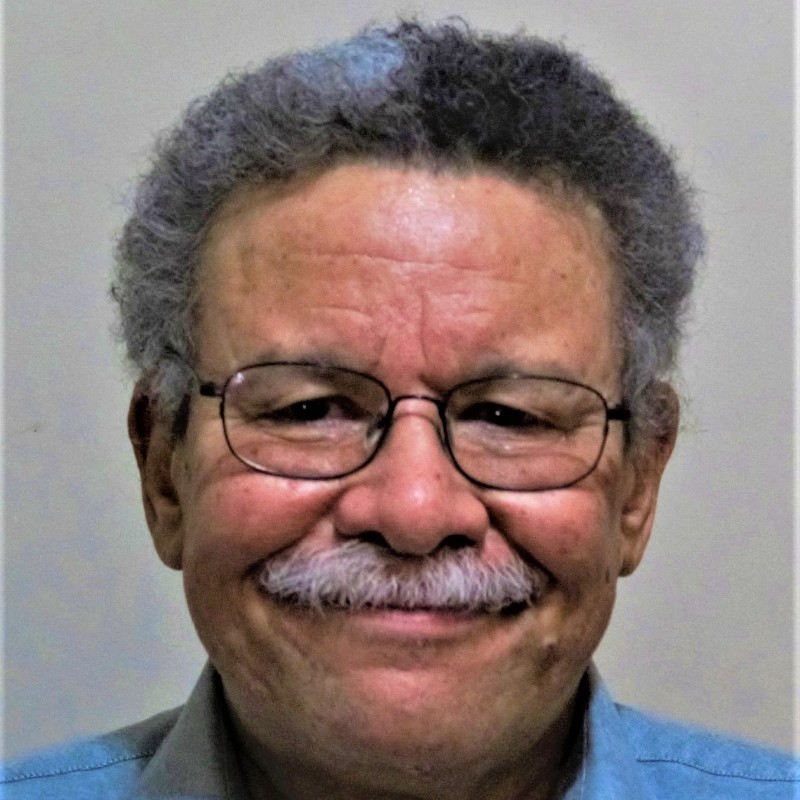
The MIT Climate Change Engagement Program is pleased to welcome its fourth cohort of MIT Environmental Solutions Journalism Fellows. This fellowship supports freelance and staff journalists associated with U.S. local and regional newsrooms to develop high-impact news projects that connect local perspectives, values and priorities with climate change science and solutions. Past fellows have reached hundreds of thousands of readers in every region of the United States, seen their stories republished in dozens of outlets and reported on national public radio, and won major journalism awards for stories that engage Americans with the local implications of climate change and an emerging low-carbon economy. More information about the fellowship is available here.
Our newest cohort of journalism fellows, for spring 2025, is pursuing projects that investigate climate solutions in the critical sectors of food, agriculture, waste and methane emissions.
Meet our spring 2025 fellows

Karina Atkins, Chicago Tribune
Karina Atkins is a Chicago-based environmental journalist. Her reporting explores how climate change is affecting the Midwest—from Chicago’s environmental justice neighborhoods to the Great Lakes and rural family farms—and what’s being done about it. She studied anthropology, journalism and policy at the University of Virginia.
Karina's fellowship project will unveil overlooked threats to Illinois' farmland and groundwater that, if left unaddressed, could prove catastrophic for national food security in the face of climate change. It will also show how, with proper regulations and investment, Illinois still has time to become a hub for climate-smart agriculture.

Carolyn Beans, Lancaster Farming
Carolyn Beans is a science reporter covering food, agriculture, and health from her home base in Lancaster, Pennsylvania. After earning a PhD in biology from the University of Virginia, she made the leap to science journalism via an AAAS Mass Media Science and Engineering Fellowship at NPR. Her food writing has appeared in Undark, The Atlantic, PNAS Front Matter, Slate, The Washington Post, TED-Ed, The Food and Environment Reporting Network and other outlets.
Carolyn will report on Pennsylvania dairy farmers’ efforts to measure and minimize greenhouse gas emissions, and ultimately earn a return on climate-smart milk.

Elena Bruess, Houston Landing
Elena Varela Bruess covers the environment and climate for the Houston Landing. She comes to Houston after two years at the San Antonio Express-News, where she covered the environment, climate and water. Elena previously worked in the Midwest as a reporter for Circle of Blue, a nonprofit newsroom where she focused on water issues in the Great Lakes region. Before that, she covered health and inequity in Chicago as a Pulitzer Center reporting fellow. She is originally from Northeastern Iowa and holds a master’s degree from Northwestern University and a degree from University of Iowa's undergraduate writing program.
Elena will develop a series of stories on landfill pollution, methane emissions, remediation and the historic and disproportionate impact landfills and trash incinerators have had on marginalized communities in Houston.

Nina Ignaczak, Planet Detroit
Nina Misuraca Ignaczak is an award-winning journalist and editor based in Detroit. She founded Planet Detroit, a digital media startup producing public interest journalism on climate, equity, health, and the environment, centering grassroots voices and solutions. Since 2019, Planet Detroit has earned recognition from the Society for Professional Journalists Detroit, the Institute for Nonprofit News, and LION Publishers. Before journalism, Nina worked in urban planning in government and nonprofit sectors. She holds a Master of Science in Natural Resource Ecology and a Bachelor of Science in Biology from the University of Michigan, Ann Arbor.
Nina's project investigates how food waste and methane emissions in Metro Detroit contribute to Michigan’s climate challenges, and explores community-driven solutions to reduce emissions and build climate resilience.

Paul Ruffins, Streetcar Suburbs News
Paul Ruffins was one of the first journalists to cover the complexities of environmentalism in Black communities and served as a delegate to the first People of Color Environmental Justice Summit. Since then, he has been the managing editor for several community newspapers and social justice organizations. His articles have appeared in the Washington Post, the Los Angeles Times, Washington CityPaper and many other publications. In 2020, he started a science column called “The Science of the City” for Streetcar Suburbs News, a chain of nonprofit newspapers reviving local journalism in Prince George's County, Maryland, where he lives.
Paul's project investigates a pioneering experiment in food composting in Prince George's County, illuminating how it works, whether it is delivering as promised, and how successes can be replicated regionally and nationally.



